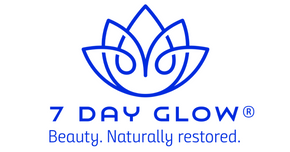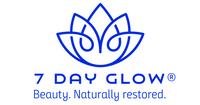DIY Skincare - Do's and Don'ts

Do-It-Yourself (DIY) Skincare has gained in popularity with the growth of the natural skincare movement.
There is definitely a place for DIY projects in your skincare regimen, however it is important to take care when choosing what you will make and what you will buy.
Some items, such as anything that needs preservative or higher level formulations are better purchased from an experienced formulator. Other items, such as single use masks, are great DIY choices.
Definitely give making a DIY skincare item a try!
Here are my top DIY tips ....
DIY Do's and Don'ts
DO use recipes from sources you trust.
DO use organic ingredients as much as possible.
DO follow directions exactly.
DO identify your skin type and research to confirm the ingredients you are using are compatible with your skin needs.
DO invest in quality skincare essentials, such as cleansers and anti-aging products, from reputable sources.
DO clearly label your DIY skincare items so they are not accidently eaten!
DO sanitize all of your jars and utensils with alcohol or boiling water before using.
DO NOT use recipes that call for harsh ingredients such as alcohol or salt.
DO NOT attempt to store water based mists or blends for longer than 2 days as these items require special preservation to remain safe.
DO NOT use essential oils directly on your face. Most essential oils cannot safely be applied directly to your skin. And while a few essential oils are able to be used directly on the skin, this must be done with care so as not to become over-sensitized (which will result in your not being able to tolerate essential oils in the future). Always cut essential oils into a base oil such as coconut oil or jojoba oil.
Making some of your own skincare products can be fun. And it can save you money to use toward high quality skincare essentials!
Want to learn more about proper skincare? Get this free 7 Day Glow Guide:

Christine Untiedt, 7 Day Glow CEO
Updated 1/25/25
Notice: These statements and blog content have not been evaluated by the Food and Drug Administration. The information in our articles are not intended to replace a one-on-one relationship with a qualified health care professional and are not intended as medical advice. The content of these blogs and associated products is not intended to diagnose, treat, cure or prevent any disease. If you are pregnant, nursing, taking medication, or have a medical condition, consult your physician before using products or following blog advice.






I loved this guide on DIY skincare! The dos and don’ts are incredibly helpful and practical. Thanks for sharing such valuable tips to ensure we’re making the most out of our skincare routines!
Leave a comment